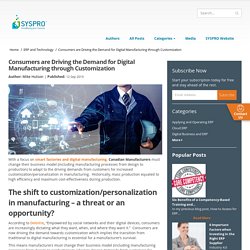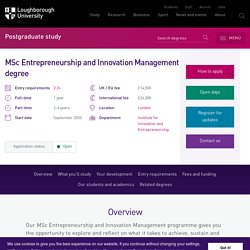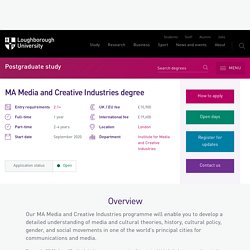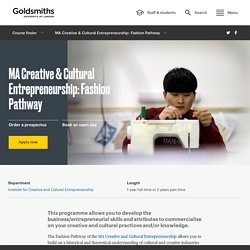

Demand for Digital Manufacturing. With a focus on smart factories and digital manufacturing, Canadian Manufacturers must change their business model (including manufacturing processes from design to production) to adapt to the driving demands from customers for increased customization/personalization in manufacturing.

Historically, mass production equated to high efficiency and maximum cost-effectiveness during production. The shift to customization/personalization in manufacturing – a threat or an opportunity? According to Deloitte, “Empowered by social networks and their digital devices, consumers are increasingly dictating what they want, when, and where they want it.” Consumers are now driving the demand towards customization which implies the transition from traditional to digital manufacturing is essential for a manufacturer’s survival.
Digital Manufacturing and Mass Customization. The triumph of product standardization, a core principle of mass production, was manufacturing’s man-on-the-moon moment. As essential to industrial revolution as the division of labor and machine-assisted manufacturing, it changed everything. Henry Ford organized his entire business around these principles, famously telling prospective car buyers, “You can have any color, as long as it’s black.” But today’s customers aren’t buying it. One-size-fits-all doesn’t fit anymore. Personal service providers and apparel manufacturers are leading the personalization economy. Demand for personalized products is growing – and appears to have staying power. It’s a marketing trend that OEMs can’t afford to ignore. We wanted to validate the trend with consumer data insight, and commissioned a national industry study this spring.
The study focused on consumer demand for small electronics: devices like smartphones, tablets and cameras. 1. 2. Personalization has long been a mainstay of the fashion industry. MSc Entrepreneurship and Innovation Management Degree. With a multi-talented group of students you will work on a brief from a real company looking to solve a real social or business problem.

Together with your student team, you will research and build solutions to a business problem, supported by our project tutors, clients and staff. Previous clients include Foster + Partners, Speedo, The London Legacy Development Corporation as well as many other companies, start-ups and charities. The Collaborative Project provides a means for you to engage in critical enquiry and to be exposed to project-based teamwork in multicultural and interdisciplinary settings. MA Media and Creative Industries Degree. Our popular MA Media and Creative Industries programme examines the ways in which individuals, groups, and organisations produce, consume and use media to fashion identities and forge relationships.

You will develop a detailed understanding of media and cultural theories, whilst considering the influence of history, cultural policy, gender, language, race, sexuality and social movements. In addition, you will gain hands on experience of identifying, framing and resolving practice oriented and real-world based challenges and problems, using creativity, critical enquiry and appropriate tools to achieve valuable and relevant solutions. Our location is ideal for the Institute of Media and Creative Industries to be located.
London is the base for many of the UK’s leading newspapers, including The Guardian, The Financial Times, and The Economist. MA Creative & Cultural Entrepreneurship: Fashion. The programme contains four taught modules and a further dissertation/portfolio component.

You'll have a range of choices throughout the degree enabling you to design a pathway that is most relevant to your academic, business and career ambitions. All students take modules I and III, and you can choose between options in fashion and design for modules II and IV. Attendance is mandatory for all taught sections of the programme. To encourage collaborative learning we try to teach all students together wherever possible, irrespective of their particular pathway. Module IV: Entrepreneurial Practices and Modes of Production Either: Business of Design (30 credits) OR Work Placement (30 credits) You will undertake a work placement within an SME, Producing or Research Organisation within the cultural and creative industries. In some pathways this will be augmented by classes in specific skill areas (such as marketing) as you are likely to be working in skill-specific departments of organisations. MA Events & Experience Management.
Recent research in Asia has questioned the widely held assumption that tourism arose in the UK during the mid-19th century as a result of Thomas Cook’s introduction of the ‘package’, a combination of the cost of travel and another service.

It has been shown that travel and leisure existed in early Han Dynasty China as scholars and priests explored mountainous areas giving rise to one of the civilizations most enduring art forms, the landscape painting. Travel and leisure also seem to have gone hand in hand with that other widespread phenomenon, the pilgrimage, with the attendant development of hostelries, storytelling and souvenir production. Industrial forms of tourism were introduced to Asia by European colonial powers in the late 19th and early 20th century with the development of hilltop stations to provide relief for officials and merchants working in tropical areas.